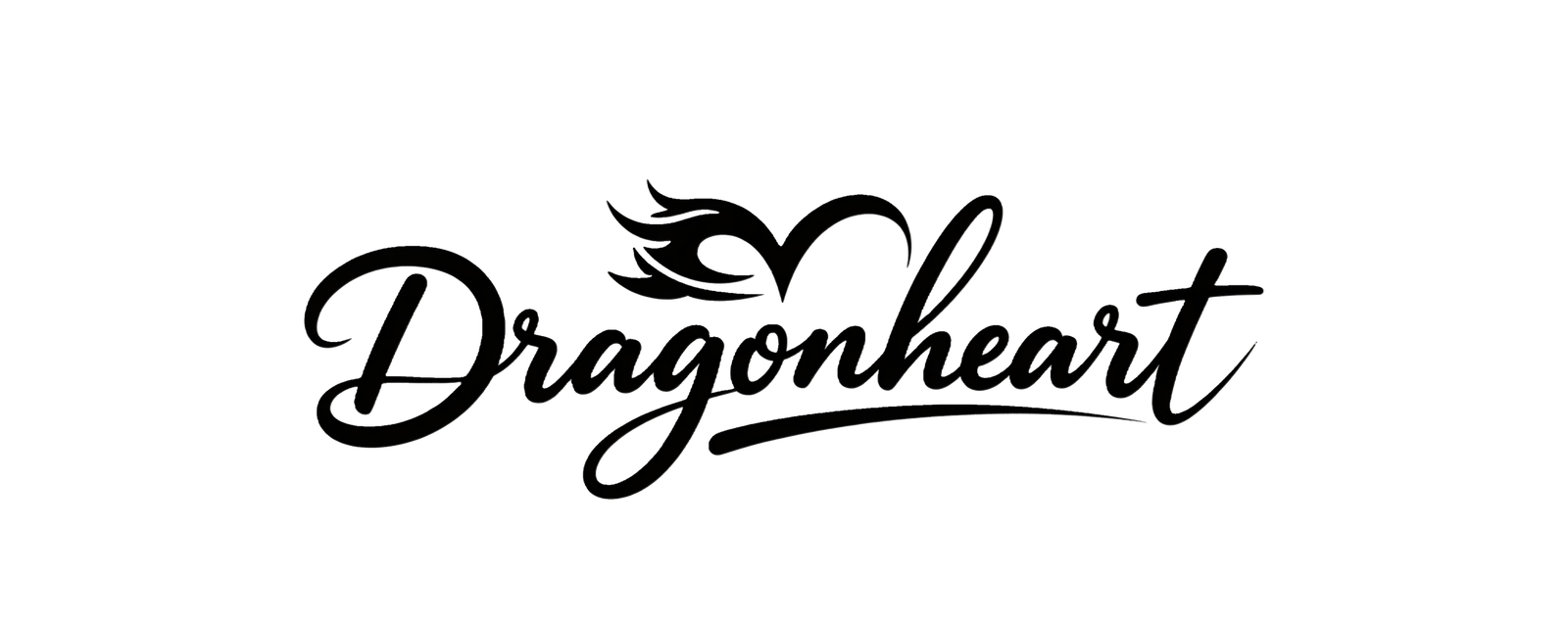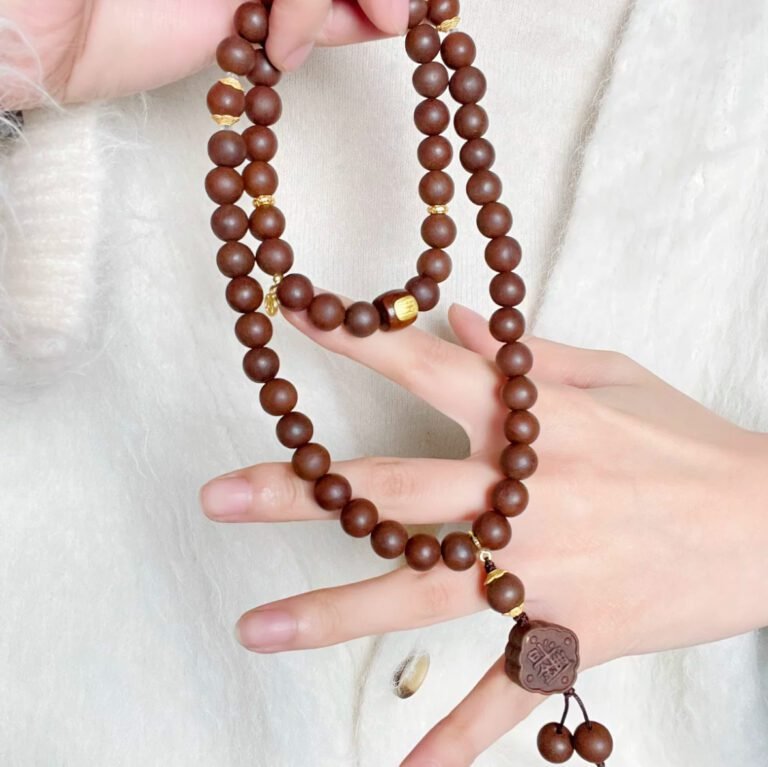What is Qi, and Why Does It Matter?
“If you want to understand the universe, think in terms of energy, frequency and vibration.”
— Nikola Tesla
In the West, when people hear the word “Qi” (pronounced “chee”), they often think of tai chi classes, acupuncture, or perhaps vague notions of “life energy.” For some, it sounds poetic. For others, pseudoscientific.
But in the world of Traditional Chinese Medicine (TCM), Qi isn’t mysticism. It’s a foundational concept—one that explains how your body functions, how illness begins, and how healing occurs.
So let’s take a journey to understand what Qi really means, and why it might matter more to your life than you think.
🌀 Qi: The Invisible Fabric of Life
Qi is the vital force that animates everything: your body, breath, digestion, thoughts, and even the climate around you. In Chinese philosophy, everything that exists is a manifestation of Qi in different states and densities.
It’s not just what you have, it’s how you flow.
🧠 Can Science Understand Qi?
Qi doesn’t show up in MRIs. It can’t be distilled into molecules or captured in bloodwork. But does that mean it isn’t real?
Think electricity. You can’t touch it, but you see its effect: the light turns on. Same with Qi.
Recent studies in psychoneuroimmunology and bioelectromagnetics suggest that subtle energy systems may affect immunity and healing. Acupuncture influences neurotransmitters, reduces pain, and modulates immune response—all of which are explained in terms of Qi.
🌿 Types of Qi in the Body
TCM identifies many forms of Qi, including:
- Yuan Qi (Source Qi): Your inherited vitality.
- Zong Qi (Gathered Qi): From food and air.
- Wei Qi (Defensive Qi): Immune shield.
- Zheng Qi (Upright Qi): Combats illness.
These aren’t metaphors—they’re functions.
⚖️ Qi and the Art of Balance
In TCM, disease arises when Qi is blocked, deficient, in excess, or rebellious. Your body is seen as a flowing system, like a river.
Too much liver Qi? You feel angry.
Weak spleen Qi? You feel heavy.
Qi rising? Dizziness.
Qi stuck in the chest? Panic.
🧘️ How to Support Qi in Daily Life
You feel Qi every time you say:
- “I’m drained.”
- “I feel off.”
- “My gut tells me…”
To nourish Qi:
- Sleep well. Qi restores overnight.
- Breathe deeply. Qi is rooted in breath.
- Eat warm, cooked food. Supports digestion.
- Move gently. Tai chi, walking, and qigong.
- Cultivate stillness. Meditation and reflection.
🌍 Why Qi Matters in a Burned-Out World
Modern life drains Qi: stress, noise, screens, constant motion. Western medicine excels at fixing broken parts. But Qi preserves the whole.
It sees you as a dynamic ecosystem, not a machine. That shift can change how you relate to your body, your mind, and your life.
📌 Want to Go Deeper?
- 🧱 What is TCM and How Does It Work?
- 🌿 Top 5 Qi-Tonic Herbs and How to Use Them
- 📈 Science Behind Acupuncture and Qi Flow
- 🤝 How Qi Practices Changed My Life
Qi may not be visible, but neither is love, intuition, or consciousness. We know when it’s there. We feel it. We live it.
Maybe Qi isn’t a mystery to be solved—but a rhythm to be remembered.







